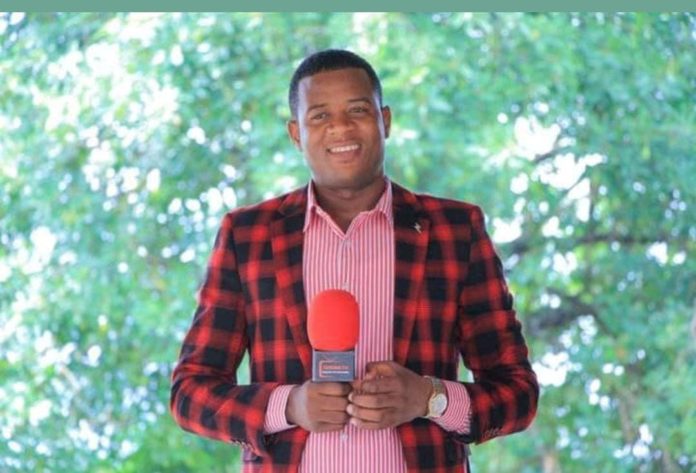In a recent ruling that has stirred legal and human rights discussions, the Appeals Court in Rwanda has declined to consider the appeal of journalist Dieudonne Niyonsenga, also known by his pseudonym “Cyuma Hassan”. The court mandated the continuation of his seven-year imprisonment sentence, originally decreed for alleged crimes including the use of forged documents, impersonation of a journalist, and obstruction of government decisions. Additionally, Niyonsenga faces a fine of 5 million Rwandan Francs. This development follows his in absentia trial, a point of contention among his legal representatives and supporters.
Niyonsenga’s legal team, comprising Gatera Gashabana and Jean Bosco Seif Ntirenganya, maintains optimism about seeking international legal redress to pursue justice. Their stance is in sharp contrast to the prosecution’s argument that Niyonsenga deliberately avoided attending the court sessions. Counterclaims by his attorneys suggest that the prison authorities intentionally prevented him from appearing in court, a statement supported by Niyonsenga during a visit from his lawyers.
The conviction of Niyonsenga in 2021 has been controversial, with him and his defenders arguing that the charges are politically motivated. His continued denial of all accusations against him adds a layer of complexity to the case, especially against the backdrop of international human rights organizations, such as Human Rights Watch, calling on the Rwandan government to cease targeting journalists. These organizations have specifically highlighted the alleged mistreatment and torture Niyonsenga claims to endure while incarcerated, urging for an immediate halt to such practices.
This case highlights a critical juncture in Rwanda’s legal and human rights landscape, reflecting the tension between government actions and freedom of the press. As the international community watches, the situation underscores the ongoing debate over judicial independence and the safeguarding of journalists’ rights within the country.
































































